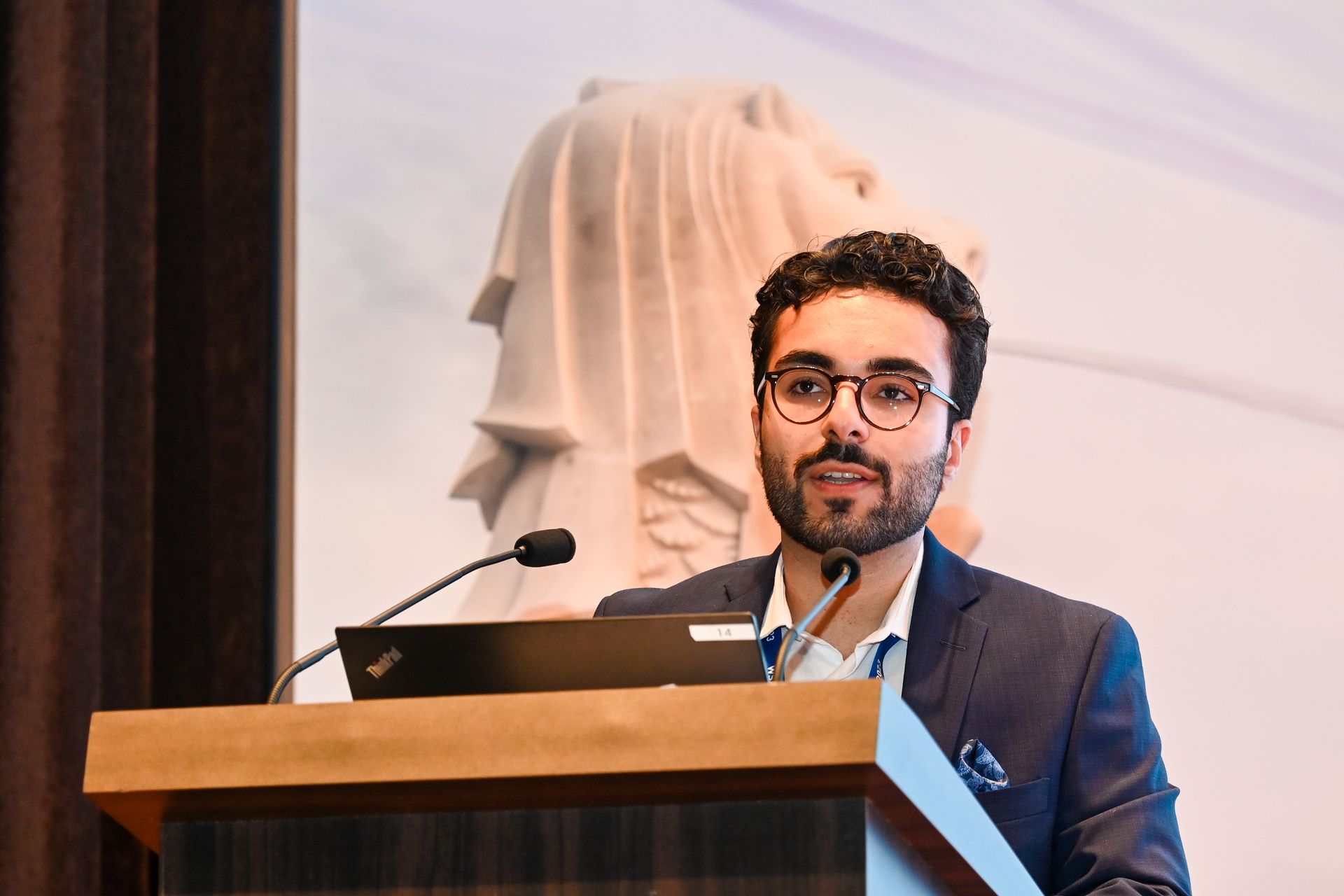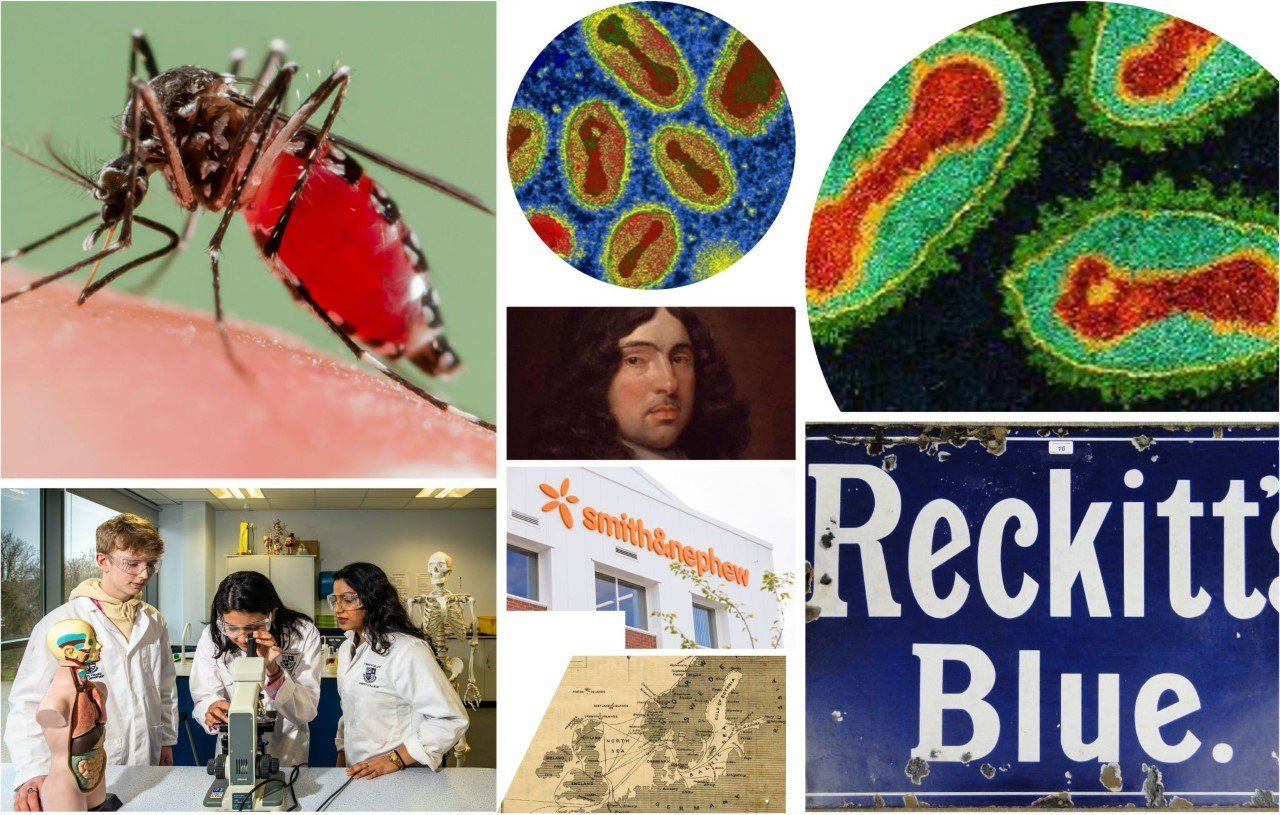


The UK's GCSE syllabus has a terrific module on Medicine in Britain – well, London really! In this Heritage Open Day talk, I focused disease and cure in the Port City of Hull. This was the launch of a webinar series with Dr Daniel Roper and, hopefully, an Exhibition tracing the story from Prehistory down to now.
The Historian Braudel spoke of History being what people made of their geography and, in Chaucer's words, Holderness was “a mershey country”. So marshy that mosquitoes thrived and, even Hull poet Andrew Marvell caught malaria back home and died.
The Black Death wiped out 60% of Europe’s population and Hull was decimated. Lacking hands to load and unload cargoes, the City innovated with cranes – the port diverging from all the landing stages on the rivers draining into the Humber.
As Daniel Defoe made plain in his trek around Britain, Hull was crowded, tight streets within the walls. Fast forward into industrialization and urbanization and this created a perfect storm for disease to sweep the city. Cholera hit in the 1830s and caused real damage in 1847. The Hull Medical Society released a hard hitting Report.
Dr Humphrey Sandwith wrote a Paper on this cholera outbreak and went on to have a career which reads like a prequel to Raiders of the Lost Ark. Pharmacist in Beverley, surgeon in Hull; joins an archaeological dig in Nineveh, Mesopotamia; off to the Crimean War; a stint in Mauritius and then off for the Prussian siege of Paris. He makes it back to London where he campaigns for better water and sewage infrastructure before dying on a trip to Paris.
Hull built a fine Royal Infirmary and a Medical School joined by Albion Street – Hull’s Harley Street. There was provision for the Deaf and Blind and the grounds of the De La Pole Estate on the edge of town allocated to the mentally ill.
But the 19th c was a fight between waves of typhus, scarlatina and dysentery throughout. Infant mortality was 200 per 1000 – when in Afghanistan (2015) it was 112 and, Africa (2015) it was 50. Irishmen Edward Francis Collins, the Editor of the Hull Advertiser, and local Dr Owen Daly, were vocal campaigners to clean up the streets.
Hull has had a diverse but dangerous industrial past – working with sodden timber from icey Scandinavia was hazardous, unloading asbestos on the docks shortened dockers lives; working on the ice wall fishing near Iceland was more dangerous than mining. And ports in those days had everything that goes with the bars.
As March Bloch said “history is the science of causation”; the story of health is compelling and a pop up exhibition visiting schools and libraries explaining disease and cure would be a valuable educational experience. Perhaps this can interest local companies such as Reckiits and Smith & Nephew – both companies starting out solving local health problems: cleanliness in the home and wound management in WW1.
Content for this History of Health in Hull is being finalised and recording the webinar series will start in October. The summary and early periods will be launched before Christmas. The idea being to launch each one with a “live” workshop with Rob Bell covering the “need to know” information and Dr Dan Roper leading the Q&A. “History” said the American writer Mark Twain “doesn’t repeat itself but it rhymes.” Clearly, the History of Health in Hull is full of singular events but there is much to learn from.



Hull Medical Society | Privacy Policy